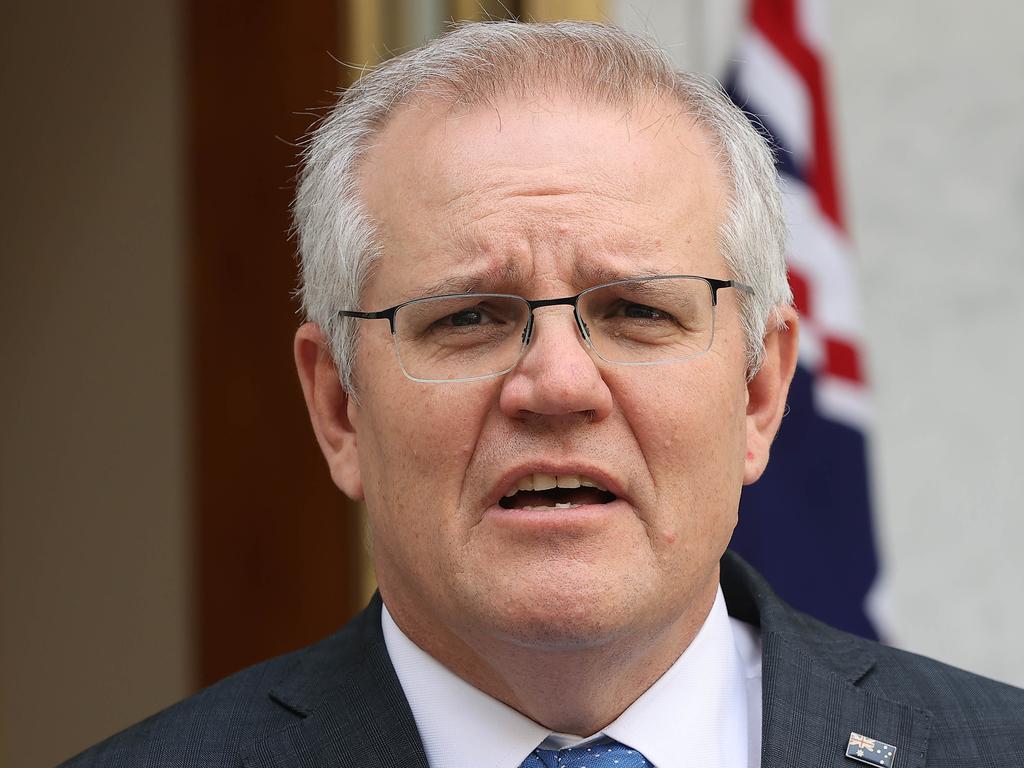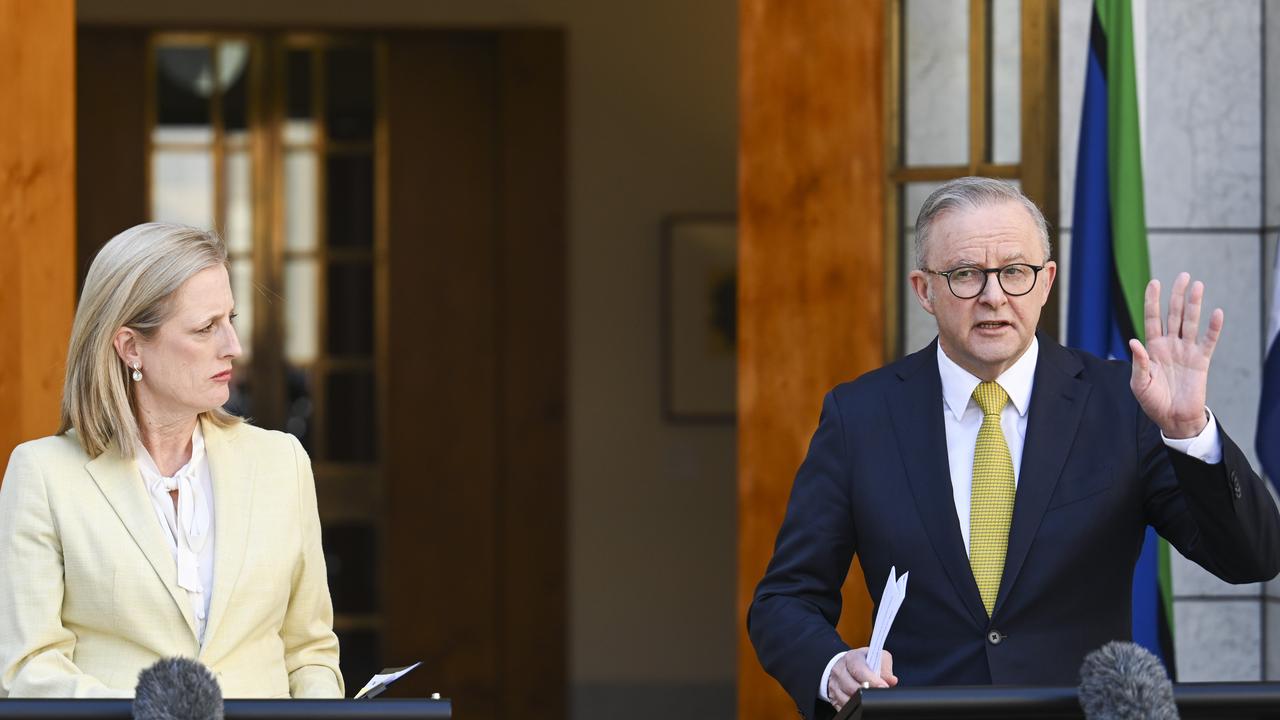Josh Frydenberg returns fire over stimulus package
The economy would be $100bn smaller had it not been for last year’s fiscal intervention, new Treasury analysis shows.
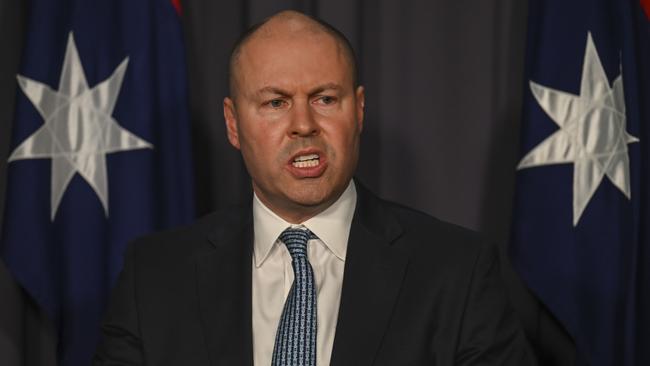
The Australian economy would be $100bn smaller today had it not been for the unprecedented fiscal intervention last year, new Treasury analysis of the federal government’s stimulus programs shows.
Treasurer Josh Frydenberg has also launched a strident defence of the government’s JobKeeper program, saying 99 per cent of businesses that received the JobKeeper payment but had not suffered declines in revenues of more than 30 per cent were small to medium-sized entities.
The new analysis released by Mr Frydenberg also shows that more payments went to not-for-profits than went to large firms.
He will use the data to refute criticisms that big businesses and companies that experienced revenue windfalls during the pandemic had been the illegitimate beneficiaries of the $90bn wage subsidy.
Mr Frydenberg has been forced to defend the JobKeeper program following parliamentary budget office data that showed almost $5bn had gone to businesses that experienced revenue gains during the first phase of the scheme.
But he said the Treasury analysis showed that the 315,000 businesses that had not experienced declines in revenue of more than 30 to 50 per cent but had received JobKeeper payments in anticipation of heavy losses were smaller firms of four employees or less and accounted for 85,000 workers being stood down on zero hours.
“Without JobKeeper, these 85,000 jobs would have been lost,” he says in an opinion piece published in The Australian.
“While it is true that a number of businesses did not see a fall in turnover in the June quarter by the full anticipated amount, nevertheless these same businesses saw lay-offs increase by on average more than 65 per cent.
“JobKeeper helped these businesses keep their doors open and their staff employed.
“Ninety-nine per cent of the businesses that did not experience the anticipated fall in turnover were small businesses, with an average of just four employees.
“Crucially, it was these businesses that played a key role in the recovery, with Treasury finding that they created 350,000 new jobs between May and September.
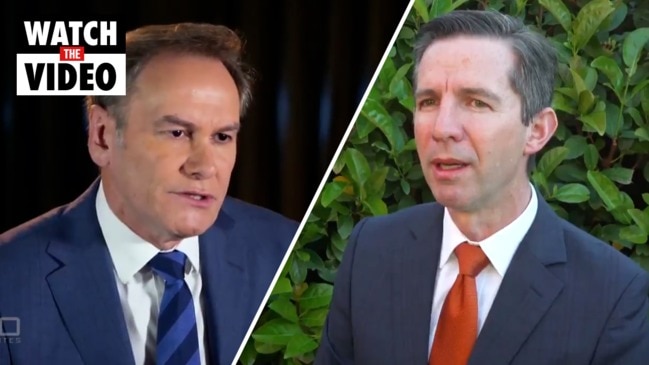
“New Treasury analysis has found that in the June quarter, where eligibility was based on an anticipated decline in turnover, the actual median decline in turnover for JobKeeper recipients was 28 per cent.
“In contrast, for non-JobKeeper businesses over the same period, there was no change.
“(It) also shows that job losses had doubled in JobKeeper businesses before the introduction of the payment, compared to only a small increase in non-JobKeeper businesses.”
The analysis of the economic impacts of measures delivered during the 2020-21 financial year – including JobKeeper, cashflow boost policies, the JobSeeker supplement as well as tax cuts – showed that without the stimulus measures the economy would be $100bn smaller.
While the total spent on programs was $157bn, the economic gains generated in terms of household and business balance sheets will wash through the economy over several years.
The tax office and Treasury will on Friday again front a Senate hearing into JobKeeper.
Opposition assistant treasury spokesman Andrew Leigh has led the charge for transparency of the scheme on claims that it had delivered unnecessary corporate welfare for big businesses.
Labor supported the scheme when it was introduced. But Dr Leigh claims that there was $13 billion of “waste” in the program that the government was refusing to account for.
“Josh Frydenberg’s $88 billion JobKeeper scheme delivered $13 billion to firms with rising revenue. Yet his best defence is ‘we didn’t waste it all’,” Dr Leigh said.
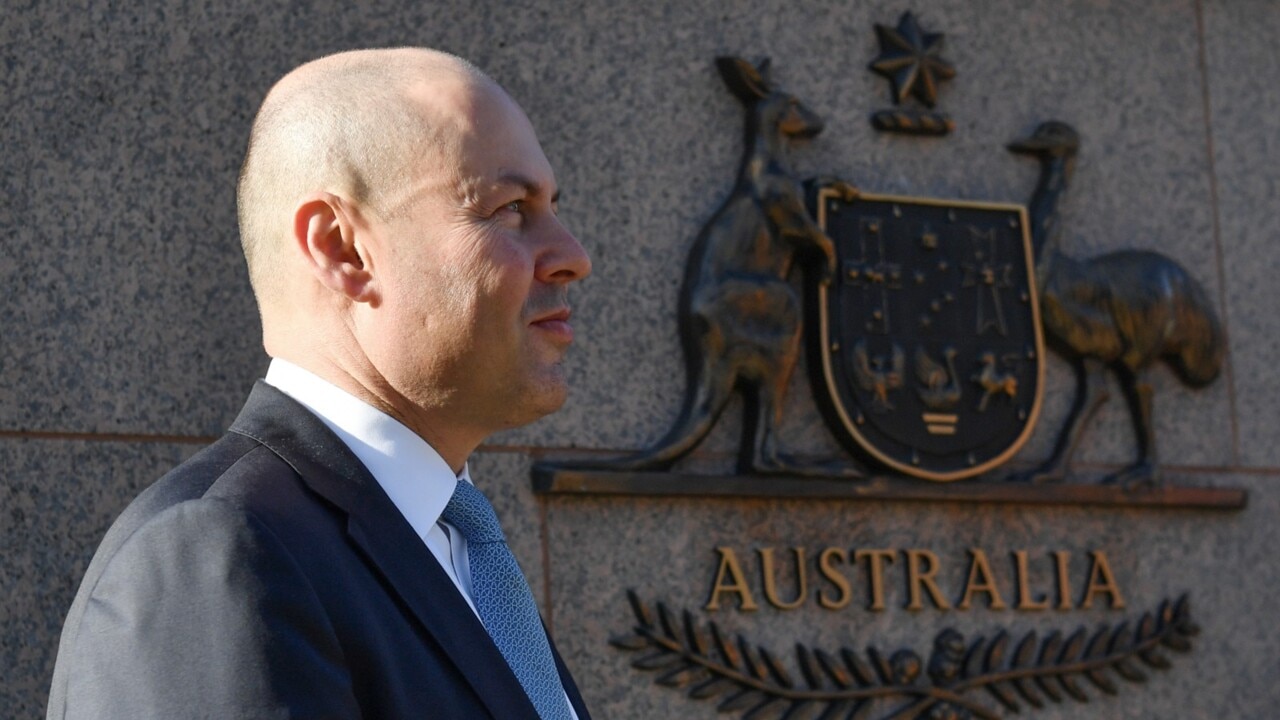
Independent Senator Rex Patrick is behind a Senate order to force the commissioner for taxation to publish the names of large private firms that received JobKeeper payments.
Mr Frydenberg has described the calls for a name and shame list as a political stunt that would trample on the privacy of small business owners, whereas large public firms were already required to disclose the payments in their financial statements.
“JobKeeper was one of the most successful economic support programs in Australia’s history,” Mr Frydenberg writes.
“It was more than just a wage subsidy. It put a floor under the economy. It saved more than 700,000 jobs. It overwhelmingly supported small businesses who were 97 per cent of the recipients.
“It helped secure our economic recovery.”



